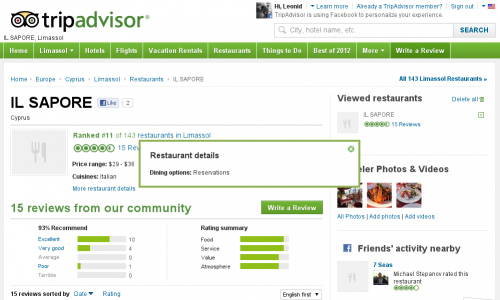I’m a Google fan, there is no reason to hide it. And this is one of the reasons. They are setting a good example to follow.
Open sourcing company products changes the way code is written. The moment programmers know someone else will be looking at their code, they start paying more attention as to what and how they write. Paying money to outsiders for discovering bugs with company code is like the next level of Open Source Software. Just open source gives the possibility to review. Money provide a good incentive to.


